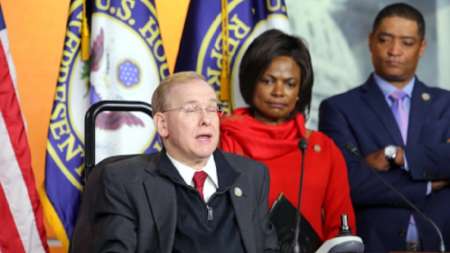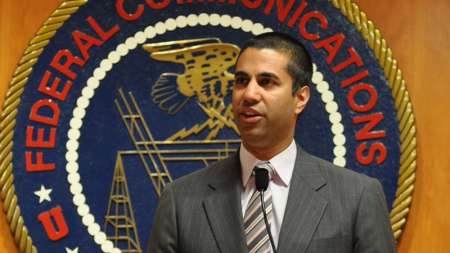Because the legislative process often is slow and lags the emergence of new technology, Congress needs to provide a legislative framework that gives Federal agencies the resources they need to adopt promising technologies more quickly, said Rep. Jerry McNerney, D-Calif., on July 14. […]
Rep. Jim Langevin, D-R.I., announced Tuesday he will not seek reelection in November, ending a 22-year career in Congress marked by groundbreaking work in cybersecurity policy. […]
The House of Representatives approved a bill July 19 that aims to improve electric power grid infrastructure cybersecurity by using public-private partnerships. The bill was passed by voice vote under suspension of the rules. […]
Rep. Jerry McNerney, D-Calif., introduced a bill that, if passed, would commission a study on blockchain technology and digital currency, and another on how artificial intelligence (AI) can aid the Consumer Product Safety Commission. […]
Reps. Jerry McNerney, D-Calif., and Pete Olson, R-Texas – both co-chairs of the Congressional Artificial Intelligence Caucus – on Oct. 23 stumped for the AI in Government Act of 2020 (H.R. 2575) that passed the House last month and now sits on Senate general legislative calendar awaiting possible action. […]
Rep. Jerry McNerney, D-Calif., co-chair of the House AI Caucus, said last week that artificial intelligence (AI) technologies have the potential to create “tremendous public good,” but also warned of risks the technology poses including job losses. […]
In advance of his appearance before the Senate Commerce, Science, and Transportation Committee scheduled for tomorrow, four House Democrats hammered Federal Communications Commission Chairman Ajit Pai over statements he made in 2017 that the FCC was a victim of a distributed-denial-of-service (DDOS) attack which impacted its electronic comment filing system during the agency’s net neutrality rulemaking proceeding last year. […]
Members of the House Energy and Commerce Committee’s Communications and Technology Subcommittee sparred today over competing bills that would address online data privacy generally and protection of customer proprietary network information (CPNI) specifically, but appeared to make little headway toward consensus on how to proceed on legislative measures that have languished in the committee since being introduced last year. […]








